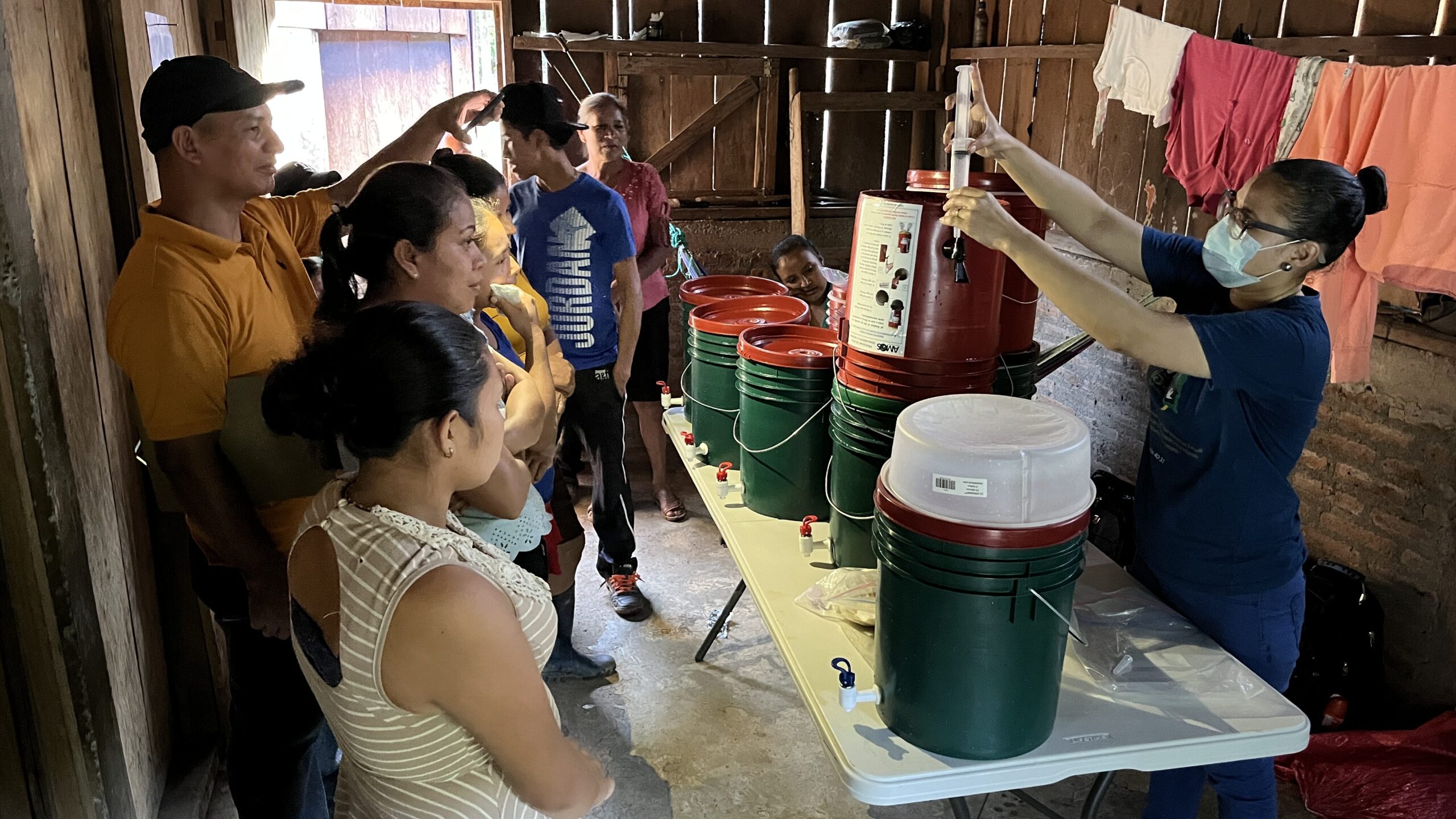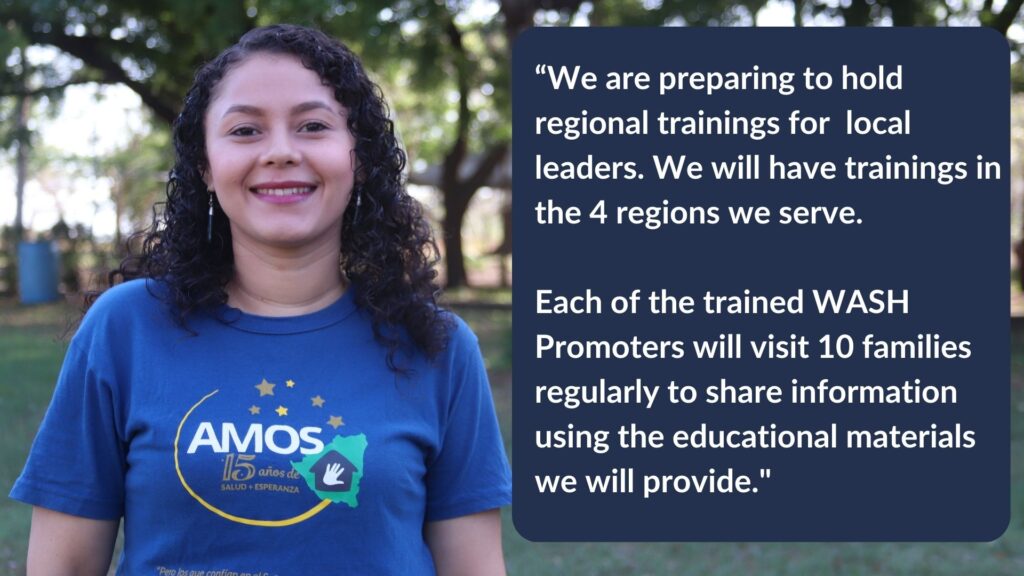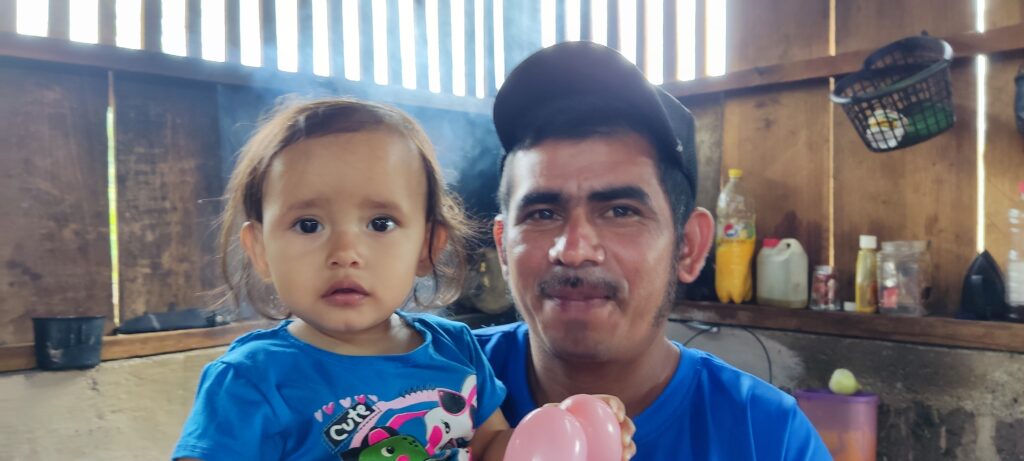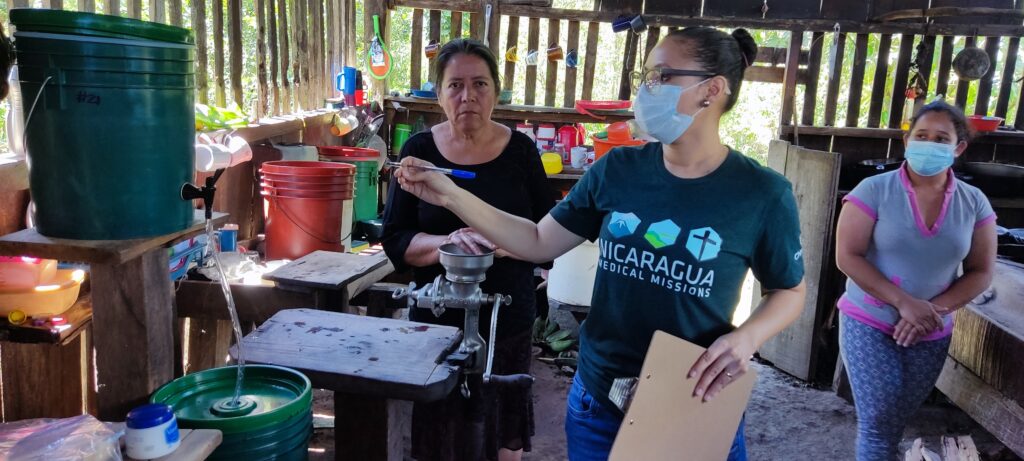
Kertin Midence, our WASH (Water, Sanitation, and Hygiene) Program Coordinator talked to us about the importance of educating families, how training WASH promoters fits in the strategy to reduce disease, and some of the plans for this year.

“There will be 4 sets of educational materials. The first one will focus on the goals and reach of the program, the second on safe management of water, the third on safe sanitation solutions, and the last one on good hygiene practices.
We will be focusing on actions to protect water sources (protecting them from pesticides and animal waste), the correct transport of water from the source to homes, water treatment at home –including, but not limited to water filters–, how to provide maintenance to their filters, and effective hand-washing.”

“It is important for families to learn about all of these, because providing water filters is not enough to ensure they have safe drinking water. For example, they may have filtered water, but if they storage it in a contaminated recipient they will still get sick.
Filters are a part of the solution, but educating families on disease prevention and safe management and storage of water is key.
Our ultimate goal in training WASH Promoters is to reduce the prevalence of cases of water-borne diseases, including frequent diarrheas that can impact children’s nutritional condition and overall health.”


Access to clean water is determinant for a healthy life. In this sense, access to a water filter is as important as hygiene and sanitation education. They go hand in hand.”
This year, AMOS is committed to training 100 WASH Promoters in all the 23 rural, remote communities you help us serve. Your generous gift towards our WASH program can do so much. Learn more here.
